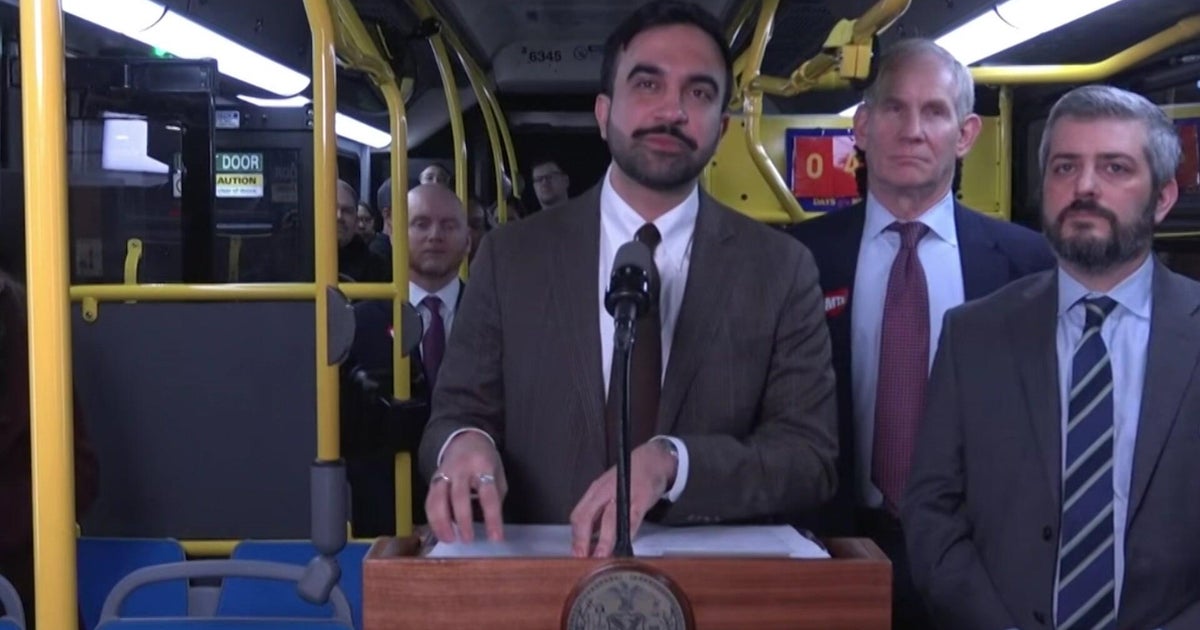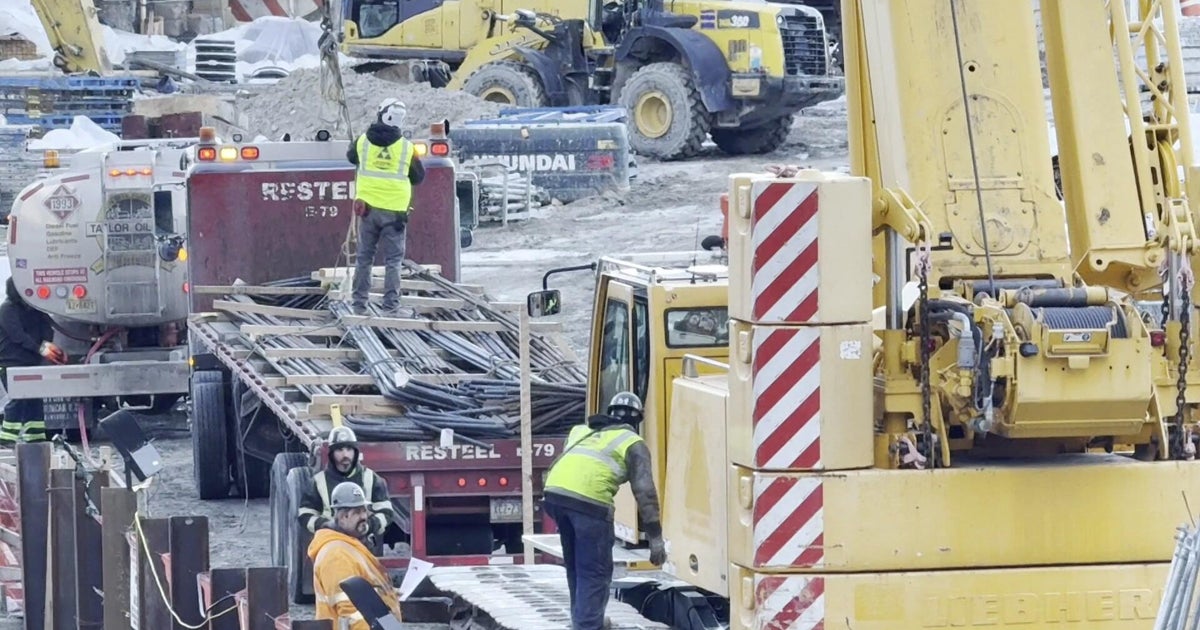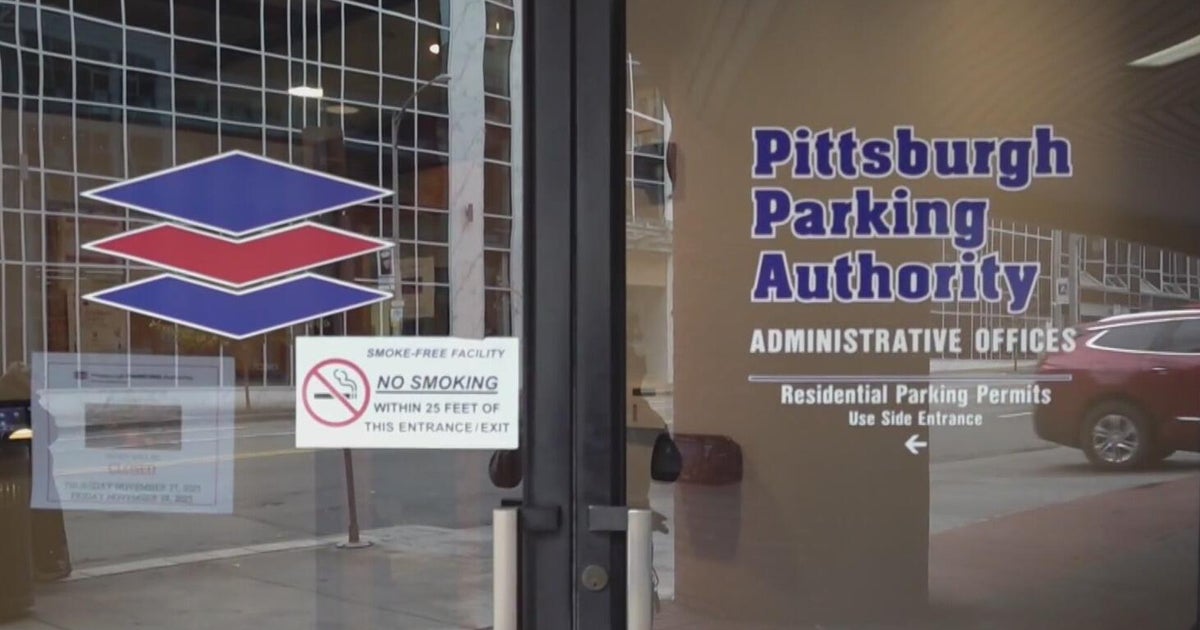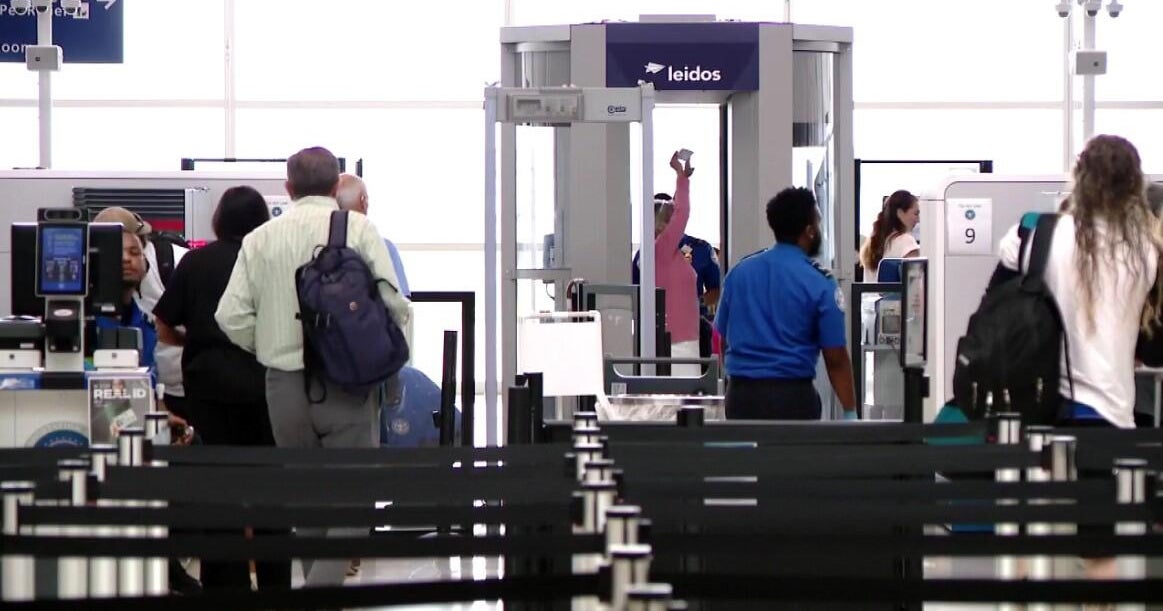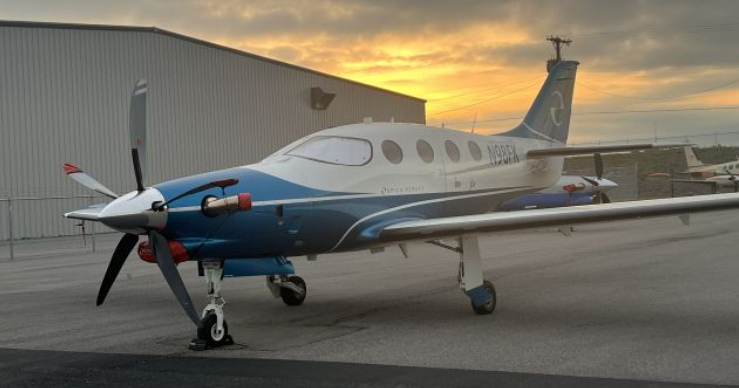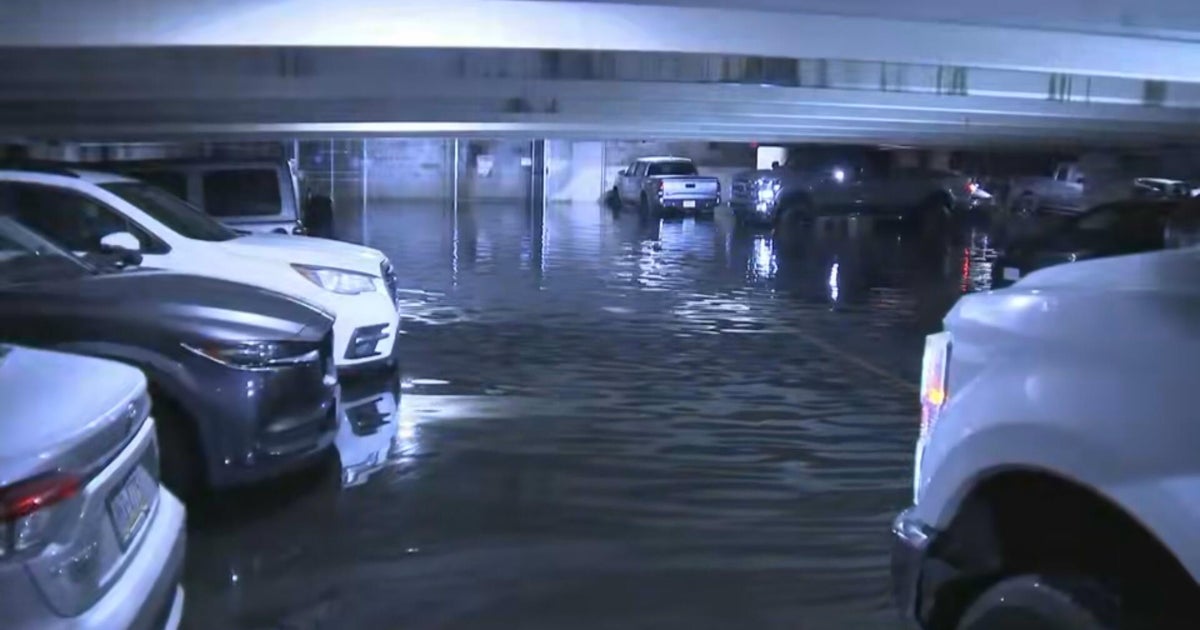Congestion pricing is still live in NYC. Here's what commuters need to know.
NEW YORK - Congestion pricing started on Sunday, Jan. 5 in New York City after years of debate, planning, controversy and numerous legal challenges.
Weeks after the launch, President Trump and the U.S. Department of Transportation tried to kill the toll, giving New York Gov. Kathy Hochul and the MTA a March 21deadline to pull the plug. The deadline has since been pushed back another 30 days.
The state, however, remains defiant and says the program is still going ahead. So here's what to know about it.
Congestion pricing toll
The toll that drivers will pay will depend on time of day and day of the week.
For most drivers Monday through Friday from 5 a.m. to 9 p.m., the toll will be $9 if you pay with an E-ZPass. That toll will cover cars, SUVs, pickup trucks and small vans. The same vehicles will pay a $2.25 toll from on weekends or from 9 p.m. to 5 a.m.
Motorcycles will pay a $4.50 toll during peak hours and $1.05 overnight. Small trucks will pay $14.40 during peak hours and $3.60 overnight. Large trucks and tour buses will pay $21.60 during peak hours and $5.40 overnight.
For high-volume for-hire vehicles, the per-trip charge for passengers will be $1.50. Taxis, green cabs and black cars will have a $0.75 per-trip fee.
For more information about tolls, CLICK HERE.
Congestion pricing map and tolls at crossings
The Congestion Relief Zone starts at 60th Street and includes all of Manhattan south of that point. It encompasses all the crossing from Brooklyn and Queens on the east side and New Jersey across the Hudson River.
For a detailed breakdown of how the tolls at those crossings will work, CLICK HERE.
Congestion pricing exemptions
There are indeed some exemptions to the toll. They include:
- Certain emergency vehicles, along with other some other government vehicles
- School buses and commuter buses
- People who live in the Congestion Relief Zone and have a household income of less than $60,000
For a complete breakdown of all the exemptions and discounts and how to apply for them, CLICK HERE.
Congestion pricing background
MTA Chair and CEO Janno Lieber has praised the plan as meeting the moment.
"I hope New Yorkers, whatever their opinion, can recognize that this is a significant moment when we are saying that we can do things to address the big challenges that we as a city and a region face," Lieber previously said. "Congestion pricing says that we're not going to just going to keep putting our heads in the sand about the impact of congestion. We're not going to pretend that we don't have a limited amount on our streets. We're going to do something about the problem that congestion is creating, and with it, improve our transit."
The plan has been in the works for 20 years.
It was backed by former Mayor Michael Bloomberg and former Gov. Andrew Cuomo, and over the years has been met with tremendous opposition. Former Mayor Bill de Blasio initially opposed the plan, preferring a millionaire's tax instead, but ultimately climbed on board.
After years of planning, environmental reviews, and so on, congestion pricing was expected to start in the summer of 2024, but, just days before it was set to begin, Gov. Kathy Hochul announced a pause on the plan - one which she lifted after the election, while lowering the toll from $15 to $9.
For much more on congestion pricing, click here. And for more about the program from the city, click here.

